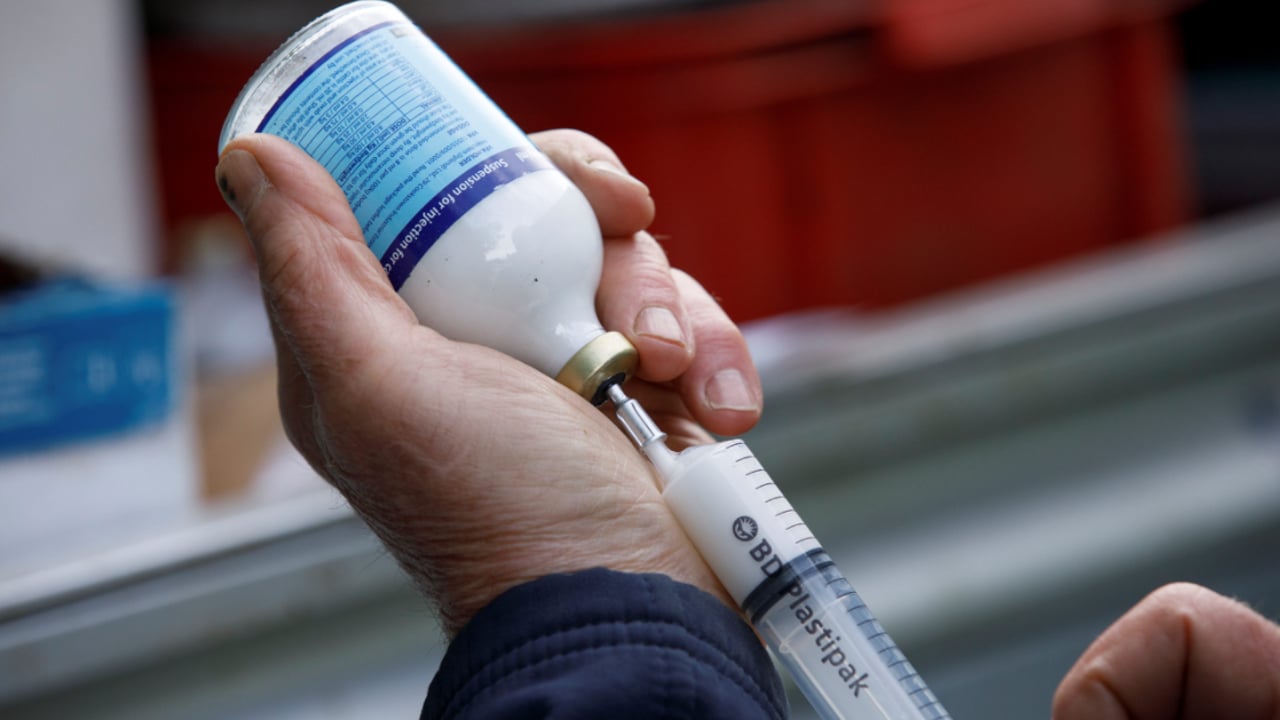Veterinary medicine rules to improve farm profitability - DAFM
The introduction of new rules around the prescribing of antibiotics to animals will improve farm profitability, according to a senior vet at the Department of Agriculture, Food and the Marine (DAFM).
The new veterinary medicines and veterinary feed regulations came into force across Europe today (Friday, January 28) under the EU Regulation on Veterinary Medicinal Products 2019/6.
It means that vets will have to be increasingly vigilant when it comes to prescribing antibiotics for farm animals.
The regulations have been brought in to address concerns about the ongoing threat of anti-microbial resistance (AMR) to medicines, such as antibiotics.
The EU has been looking at AMR since 2011 when it developed its first action plan; Ireland is currently in the middle of its second AMR strategy.
Speaking as the rules came into force, Dr. Caroline Garvan, a superintending veterinary inspector in the DAFM noted that the legislation is binding on all EU member states.
"This regulation very much supports the measures that we would take in the animal health sector to address AMR, specifically around reducing our overall use of antimicrobials in animal health and moving towards disease prevention.
She outlined that the same antimicrobials that we use in human health are used in animal health.
"Given Covid-19, we know how crucial it is to have available disease treatments. We want to make sure that the antibiotics that work now continue to work into the future for everybody," the veterinary inspector said.
The new regulations that came into force today mean that:
Garvan acknowledged that farmers have raised concerns that they may not have any access to antibiotics at their yard, especially at night.
However, she explained that the DAFM has agreed that a small quantity of medication can remain on farm, but this is at the discretion of the vet.
"So it is very much the vet that has to adhere to very strict regulations about how they approach prescribing of antibiotics now to protect everyone's health," she stated.
When asked by EU News Radio if the new regulations would be awkward for farmers and lead to higher vet bills, Garvan disagreed:
"They do not have to get a vet out to the farm every time they have a sick animal. The vet is entitled to make an assessment from their own current knowledge of the animals or from previous clinical history, they can still prescribe without having to come out to every animal.
"But I would say it's really important that there is a close vet-farmer relationship because every farmer wants an accurate diagnosis and wants the best treatments for their animals.
"I don't see it as an inconvenience. I see it as a strengthening of the collaboration and relationship that has always been there between our farmers and our vets," Garvan concluded.

